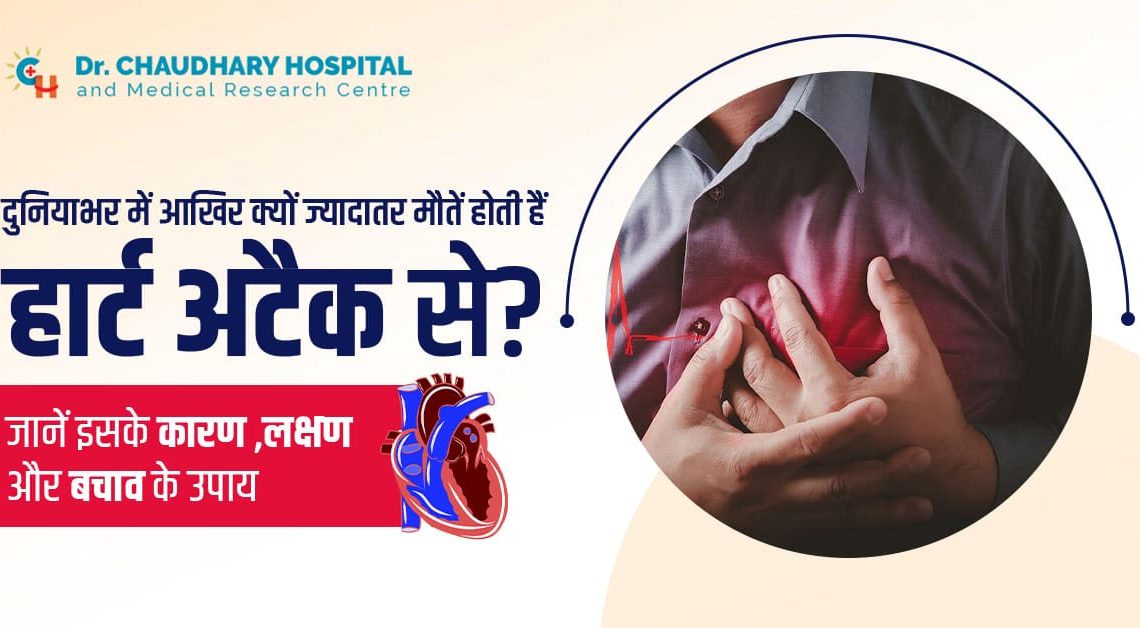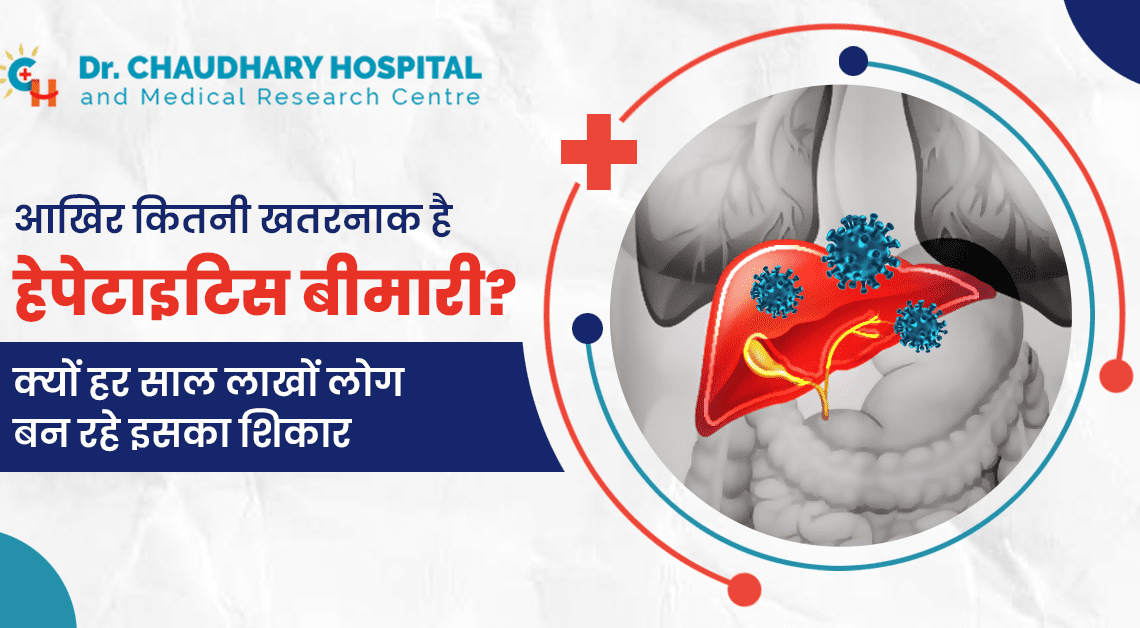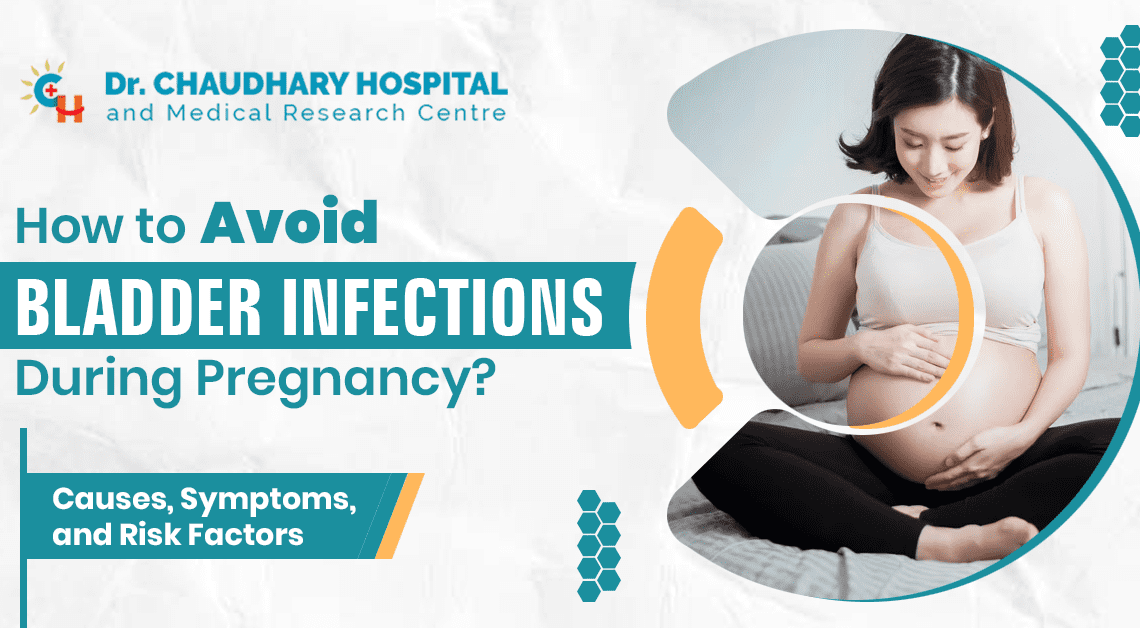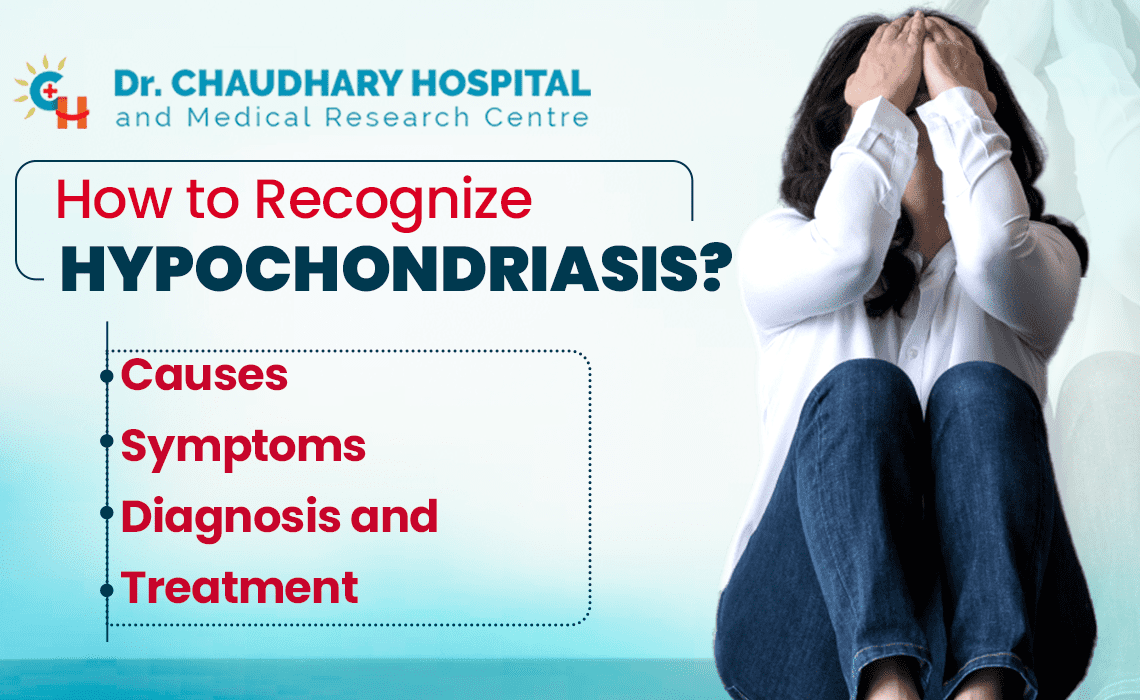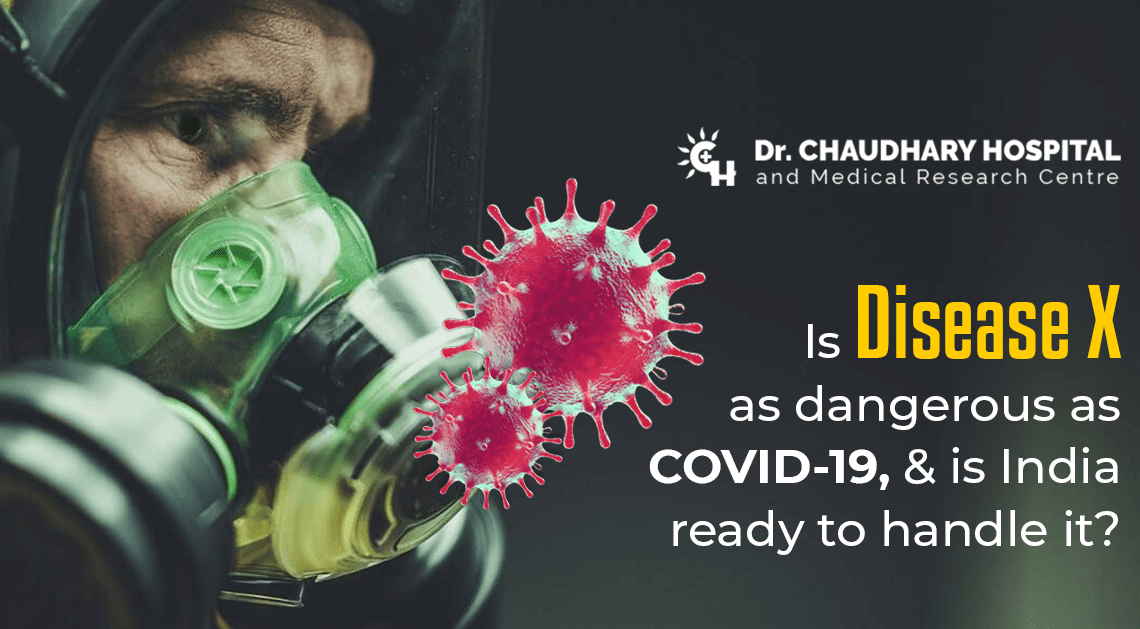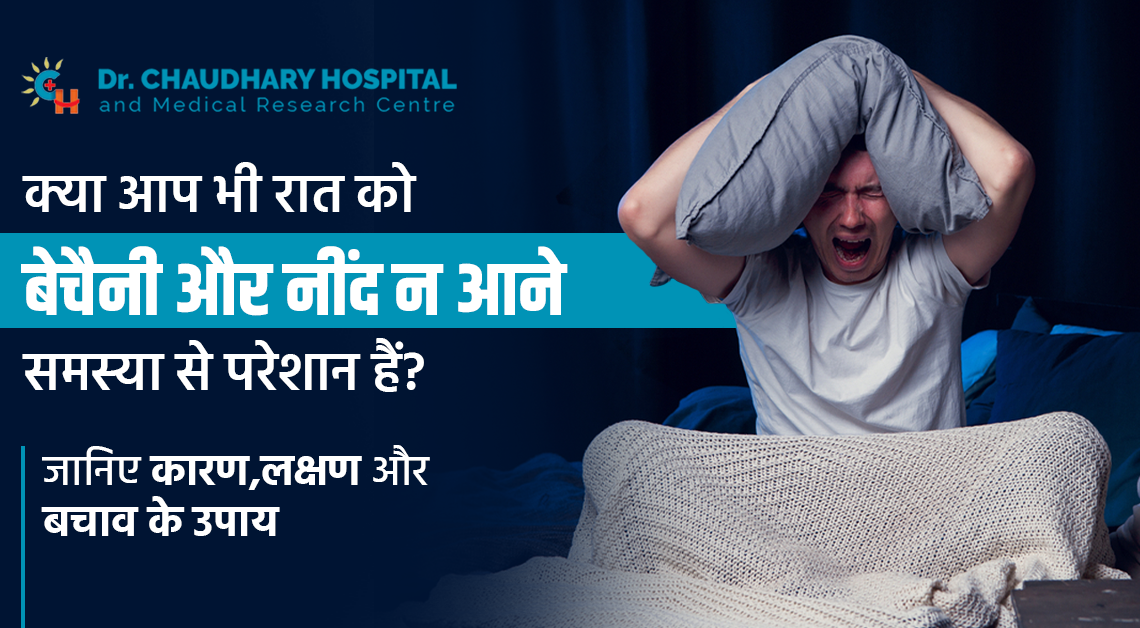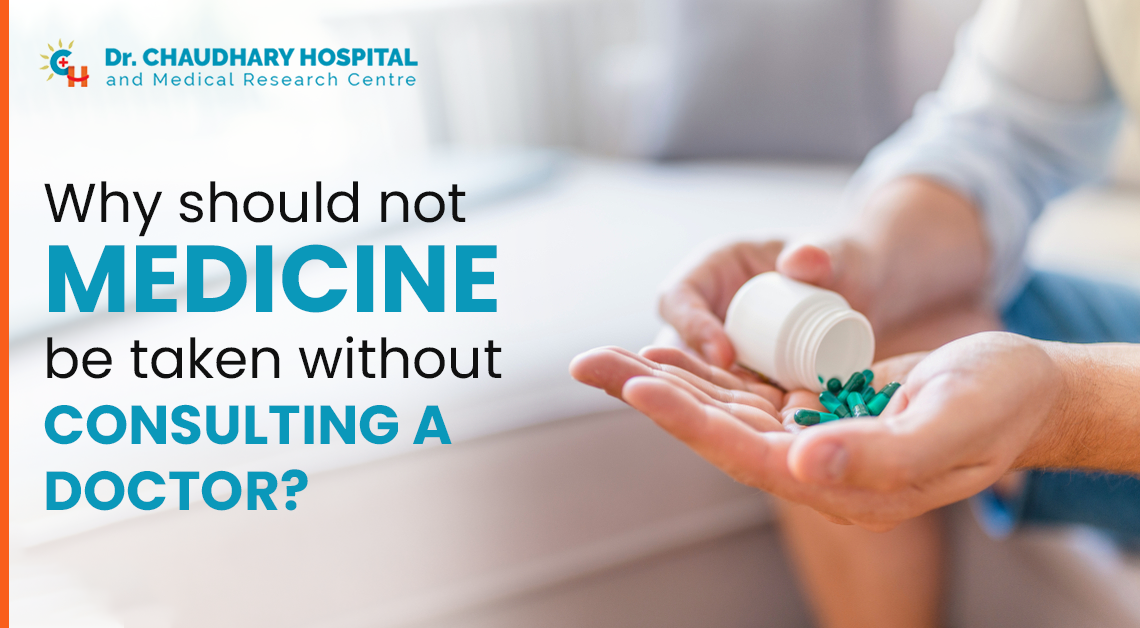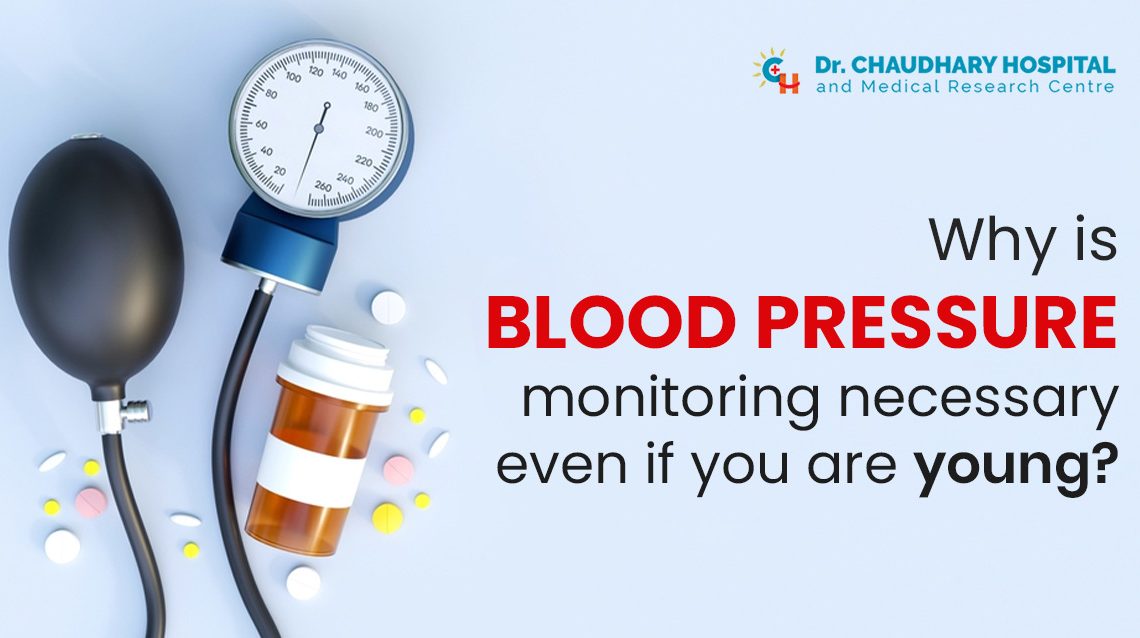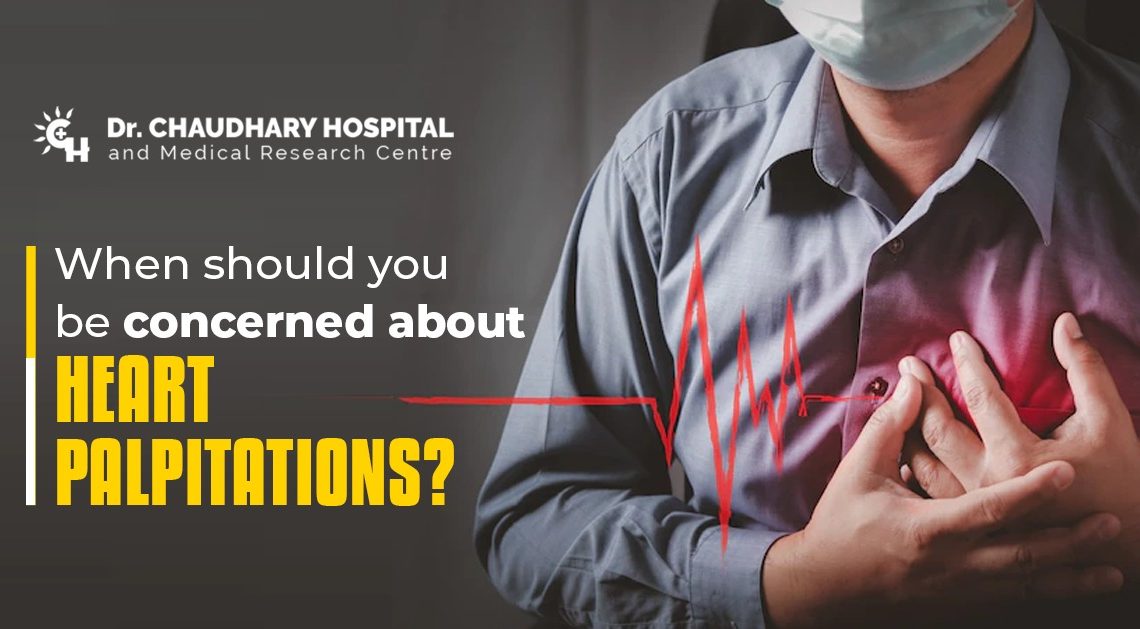देश में रोजाना अगर किसी बीमारी से सबसे ज्यादा मौत होने के मामले सामने आ रहे हैं, वो है हार्ट अटैक। इन दिनों कई ऐसे मामले सामने आ रहे हैं जिसमें किसी भी उम्र या तबके का व्यक्ति अचानक से प्राण त्याग देता है। कोई डांस करते-करते अचनाक से गिर जाता है तो कोई स्पीच देते-देते ही मौत के मुंह में चला जाता है और कोई जिम में एक्सरसाइज करते हुए। स्वास्थ्य मंत्रालय के आंकड़ों के मुताबिक, देश में 63% लोग लाइफ स्टाइल में खराबी की वजह से मारे जा रहे हैं। लेकिन इसके बाद भी कुछ लोग अलर्ट नहीं होते हैं और अपनी जान गंवा बैठते हैं. अब सवाल ये उठता है कि आख़िरकार हार्ट अटैक से हर उम्र के लोगों की मौत कैसे हो रही है? आइए इस बारे में जानते हैं।
हार्ट अटैक क्या होता है?
हृदय की मांसपेशियों को ऑक्सीजन के साथ-साथ खून की भी जरूरत होती है। इस जरूरत को पूरा करती है कोरोनरी धमनियां। लेकिन जब इन कोरोनरी धमनियों में प्लाक जमने लग जाता है तो नसे संकीर्ण होने लगती हैं और तब हृदय को खून की आपूर्ति अवरुद्ध हो जाती है। प्लाक जमने का कारण फैट, कैल्शियम, प्रोटीन और इंफ्लेमेशन कोशिकाओं के द्वारा होता है। प्लाक कठोर होने पर बाहरी आवरण टूट जाता है और इससे नस के चारों तरफ खून के थक्के जमा होने लगते हैं। ऐसे में यदि एक भी थक्का खून की नाली में आ जाता है तो इससे दिल को खून की आपूर्ति होने में बाधा होने लगती है। इस वजह से हृदय की मांसपेशियों को ठीक से ऑक्सीजन नहीं मिल पाता और हालत ख़राब होने लगती है।
हार्ट अटैक आने का क्या कारण है?
इन दिनों लोगों की व्यस्तता भरी दिनचर्या, ख़राब जीवनशैली, अनियमित खानपान, जंक फ़ूड का सेवन, शराब का सेवन और धूम्रपान करने से खासकर युवाओं में हार्ट अटैक का खतरा बढ़ रहा है। साथ ही डायबिटीज, हाई ब्लड प्रेशर, कोलेस्ट्रॉल, मोटापा, तनाव जैसी बीमारियों के कारण भी ये समस्या होने लगी है।
युवाओं में ही क्यों बढ़ रही हार्ट अटैक की समस्या?
डॉक्टर्स का कहना है कि युवाओं में हार्ट अटैक आने का सबसे बड़ा कारण तनाव और ख़राब लाइफस्टाइल है। हृदय से जुड़ी बीमारी ख़राब लाइफस्टाइल के कारण होती हैं। बदलती हुई लाइफस्टाइल ने सबसे ज्यादा दिल को नुकसान पहुँचाया है। इसके अलावा इन दिनों युवा वर्ग भी ब्लड प्रेशर, डायबिटीज, कोलेस्ट्रॉल का शिकार है, इस वजह से भी उन्हें दिल से संबंधित बीमारी होती है। कुछ मामलों में ये बीमारी हेरिडेटरी यानी फैमिली हिस्ट्री के कारण भी होती है। हमारे खानपान का सीधा असर हार्ट पर पड़ता है. यदि आप रोजाना डाइट में ज्यादा फैट ले रहे हैं तो हार्ट में कोलेस्ट्रॉल और हाई ट्राइग्लिसराइड्स धीरे-धीरे बढ़ने लगता है। इससे हार्ट की आर्टरी में ब्लॉकेज होता है और हार्ट अटैक आ जाता है।
शुरुआती 1 घंटा होता है अहम्
हार्ट में दिक्कत तो काफी पहले से ही शुरू हो जाती है लेकिन कोई इस पर ध्यान नहीं देता है। हमें लगता है कि हार्ट अटैक अचानाक आया है, लेकिन ये पुरानी समस्या होती है. हार्ट अटैक आने के बाद भी लोग अस्पताल ले जाने में देरी करते हैं, जिसके कारण मरीज मौत के मुंह में चला जाता है। लोग कार्डियक अरेस्ट या हार्ट अटैक को गंभीरता से नहीं लेते हैं। एक रिसर्च के मुताबिक, महज 10 फीसदी लोग ही हार्ट अटैक आने के एक घंटे के अंदर अस्पताल पहुँचते हैं। हार्ट अटैक के 55 प्रतिशत मरीजों की मौत समय पर अस्पताल न पहुँचने के कारण होती है। मरीज को जितना जल्दी इलाज मिलेगा वह उतना ही जल्दी ठीक हो सकेगा।
यदि परिवार में कोई दिल का मरीज है तो क्या करें?
हार्ट अटैक आने का कारण अनुवांशिक यानी हेरिडेटरी भी हो सकता है। यदि आपके परिवार में किसी व्यक्ति को हार्ट से संबंधित कोई समस्या है तो आप भी सचेत हो जाएँ।
युवा ही क्यों हो रहे हार्ट अटैक का शिकार?
एक रिपोर्ट के मुताबिक, दुनियाभर में करीब 4 करोड़ लोग ऐसे हैं जो ख़राब लाइफस्टाइल के कारण मौत के मुंह में धकेले गए हैं। इन लोगों की उम्र 30 साल से लेकर 50 साल तक थी। इनमें से ज्यादातर लोग डायबिटीज़, हाई ब्लड प्रेशर, दिल की बीमारियां, स्ट्रोक, कैंसर, सांस से जुड़ी बीमारी और खासतौर पर ख़राब लाइफस्टाइल का शिकार थे। ख़राब लाइफस्टाइल यानी गलत खानपान, व्यायाम या कसरत ना करना, तनाव, नींद की कमी, प्रदूषित पर्यावरण आदि। सेहत पर ध्यान ना देने और शरीर में हो रही तकलीफ को नजरअंदाज करने के कारण उन्हें अपनी जिंदगी से हाथ धोना पड़ा।
हार्ट अटैक आने के लक्षण क्या हैं?
आमतौर पर हार्ट अटैक आने पर सीने में दर्द, पसीना आना आम लक्षण माने जाते हैं। लेकिन कुछ आम लक्षण हार्ट अटैक आने से पहले ही लोगों के अंदर दिखने शुरू हो जाते हैं। इन्हें नजरअंदाज करना भारी पड़ सकता है। ये लक्षण हैं- ब्लड प्रेशर बढ़ना, बार-बार पेशाब आना, थॉयराड की समस्या आना, सीने में भारीपन महसूस होना, धड़कन बढ़ना, किसी एक बांह या दोनों में दर्द होना, सांस फूलना, पैरों में सूजन होना, सीने में खिंचाव या जलन महसूस होना आदि। इन लक्षणों के महसूस होते ही आप बिना देरी किये तुरंत कार्डियोलॉजिस्ट से संपर्क करें।
हार्ट अटैक आने पर क्या करें?
यदि आपको हार्ट अटैक जैसे लक्षण दिख रहे हैं तो आप एक जगह शांति से बैठ जाएं।
गाड़ी चला रहे हो तो रोक दें और तुरंत आसपास वालों को बुलाएं।
यदि हार्ट अटैक आने वाला व्यक्ति होश में है और वो खुद ही सांस ले रहा है तो उसे कार्डियोपल्मोनरी रिसस्टिेशन या फिर सीपीआर देने की जरूरत नहीं है। उसे तुरंत अस्पताल ले जाएं।
यदि मरीज बेहोश हो गया है तो उसे तुरंत सीपीआर देने की जरूरत है।
हार्ट अटैक और हार्ट की बीमारियों से बचने के लिए क्या करें?
- आप खुद को एक्टिव रखें।
- खानपान में सुधार करें। जंक फ़ूड के सेवन से बचें।
- अपने दिन की शुरुआत व्यायाम या एक्सरसाइज से करें।
- अधिक तनाव या टेंशन ना लें।
- साफ-सफाई का ख्याल रखिए।
- विटामिन से भरपूर सादा घरेलू भोजन खाएं।
- डायबिटीज के मरीज, हाइपरटेंशन से पीड़ित लोग नियमित रूप से हार्ट टेस्ट करवाते रहें।
- धूम्रपान और शराब के अधिक सेवन से बचें।
- ब्लड प्रेशर, शुगर और कोलेस्ट्रॉल को कंट्रोल में रखें।
- मोटापे को कम करें।
- डॉक्टर से सालाना स्वास्थ्य जांच कराएं।
अपने डॉक्टर की सलाह लेकर समय-समय पर ईसीजी, ब्लड टेस्ट, इकोकार्डियोग्राफी, एंजियोग्राम या फिर कार्डिएक सीटी या एमआरआई करवाते रहें।
हार्ट अटैक के खतरे को कम करने के लिए डॉक्टर आपको एस्पिरिन, बीटा ब्लॉकर, स्टैटिन, कैल्शियम चैनल ब्लॉकर या कुछ पैन किलर जैसी दवाइयां लिख सकते हैं। डॉक्टर की सलाह लेकर ही इन दवाइयों का सेवन करें।

